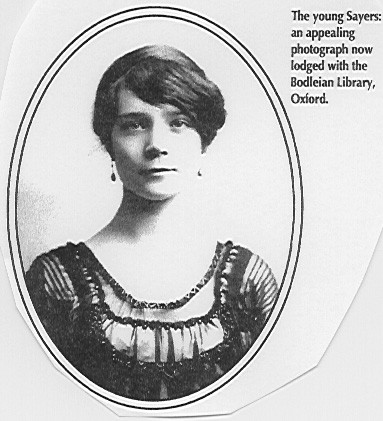Yesterday, I reminisced about the childhood game, we called Gestapo. It was really about mercy because it was in that foolish game that I first learned what mercy meant.
As a child, it meant stop being mean and cruel. But as an adult, I think deeper. Now, I know that mercy involves love. Not that the two concepts are equal but that true mercy comes from love.
I will give you an example. After work, on Fridays, hubby goes out with the guys. They go to a pub to have some beers. Not often, but a few times, he has come home drunk. I grow furious waiting for him. My imagination goes wild:
Was he in an accident?
Is he hurt?
Did he hurt someone?
Was he arrested?
Part of me is emotionally hurt. Why does he prefer the company of the guys, to his wife?
Part of me is disgusted. I had a childhood with a drunk. I don't intend to spend my adult life with one!
So when he comes home, (whenever that will be) I plan to scream at him. I'll demand that he stop going out on Friday or I'll leave him!!!!!!!!!!!!!!
But, you know what happens? The minute I see him or hear him coming up the stairs, all the rage and angst just dissipates. It melts off me. I am so happy to see him; I can't say anything I planned to say. I'm relieved he's home.
Not that we don't have a conversation the next day, but it is grossly tempered with reason. Anyway, that's mercy.
Mercy is about my love for my husband, even when he doesn't deserve it.
As a child, it meant stop being mean and cruel. But as an adult, I think deeper. Now, I know that mercy involves love. Not that the two concepts are equal but that true mercy comes from love.
I will give you an example. After work, on Fridays, hubby goes out with the guys. They go to a pub to have some beers. Not often, but a few times, he has come home drunk. I grow furious waiting for him. My imagination goes wild:
Was he in an accident?
Is he hurt?
Did he hurt someone?
Was he arrested?
Part of me is emotionally hurt. Why does he prefer the company of the guys, to his wife?
Part of me is disgusted. I had a childhood with a drunk. I don't intend to spend my adult life with one!
So when he comes home, (whenever that will be) I plan to scream at him. I'll demand that he stop going out on Friday or I'll leave him!!!!!!!!!!!!!!
But, you know what happens? The minute I see him or hear him coming up the stairs, all the rage and angst just dissipates. It melts off me. I am so happy to see him; I can't say anything I planned to say. I'm relieved he's home.
Not that we don't have a conversation the next day, but it is grossly tempered with reason. Anyway, that's mercy.
Mercy is about my love for my husband, even when he doesn't deserve it.





















